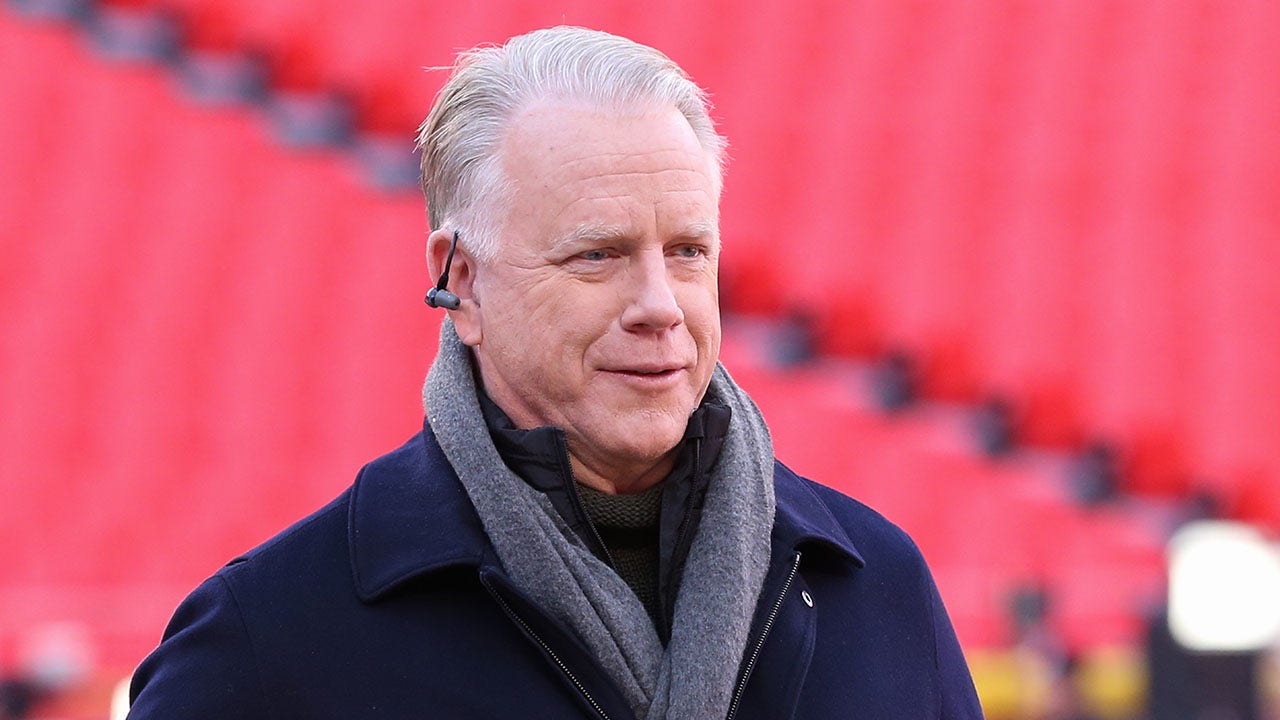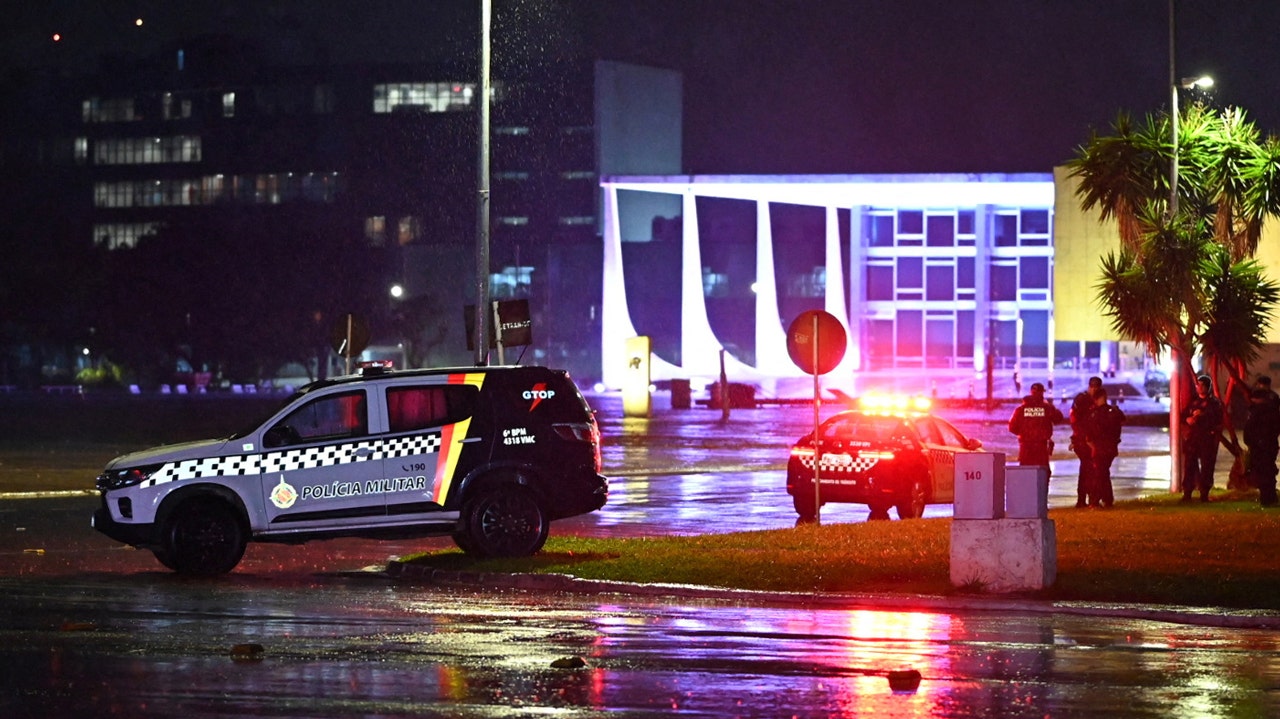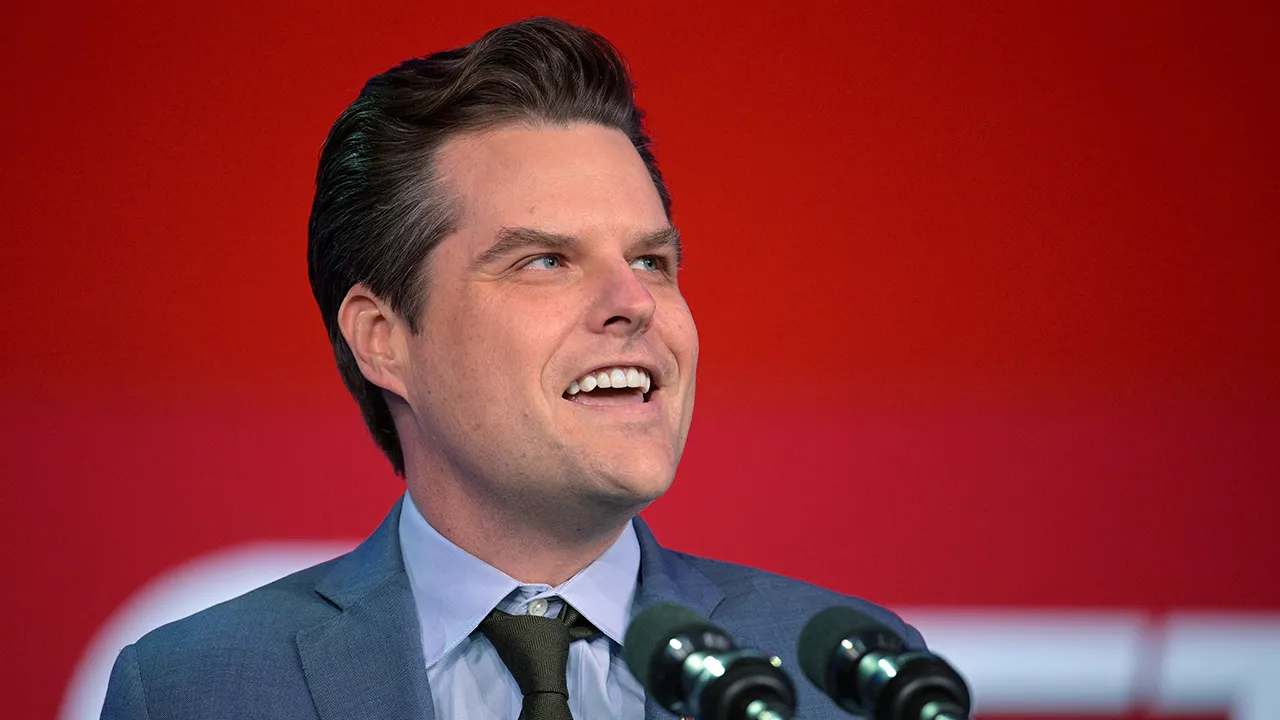Vets’ benefits checks could be delayed without a VA funding fix soon

When lawmakers return to Capitol Hill next week, they’ll have just three weeks to agree upon a short-term budget extension to keep federal operations open this fall and prevent a partial government shutdown.
But that might not even be their biggest fiscal challenge.
That’s because Department of Veterans Affairs officials have warned that if their own fiscal shortfall isn’t addressed by Sept. 20, tens of millions of dollars in veterans benefits could be disrupted starting in October, a potential disaster for families dependent on that support.
Administrators need about $2.9 billion approved for fiscal 2024 operations and about $12 billion more for fiscal 2025 accounts because of a surge in benefits payouts in recent months.
RELATED
Leaders have warned that without a solution in the next few days, “compensation and pension benefit payments and readjustment benefit payments scheduled for delivery in October are at risk of being delayed.”
Department officials have been working with lawmakers on Capitol Hill for the last two months trying to find a solution to the problem, but so far have not arrived at a solution. Meanwhile, congressional Republicans have blasted VA leaders for poor management and planning, which they said has led to a fiscal crisis for veterans.
That fight is expected to be highlighted on Sept. 10, when the House Veterans Affairs Committee hosts a hearing on concerns with VA management. The budget shortfall is expected to be among multiple complaints from Republican members, alongside accusations of poor communication and insufficient oversight.
“This represents by far the largest budget shortfall the department has experienced under any administration,” committee Chairman Mike Bost, R-Ill., wrote in a letter to VA Secretary Denis McDonough in July.
“Not only have your chief financial officers thrown out the dollar amounts requested for many key accounts, they have abandoned many of the estimates and projections that underpinned their budget. This is not just fiscal mismanagement; it is strategic whiplash.”
VA officials say the problem stems not from mismanagement but from historically high levels of benefits payouts by the department.
Through the first 10 months of fiscal 2024, staffers had granted disability compensation benefits to more than 1.1 million veterans and survivors, a new record. Nearly 413,000 veterans newly enrolled in VA health care services over the previous 12 months, up 27% from the same time frame a year earlier.
“Due in large part to the historic PACT Act, VA is delivering more care and more benefits to more veterans than ever before,” VA press secretary Terrence Hayes said in a statement. “These results are life-changing for veterans, their families, caregivers, and survivors, and VA will continue to push to make sure that they get the care and benefits they deserve.”
A bipartisan group of lawmakers has introduced legislation in the Senate to address the funding shortfall, but its prospects in the House are still unclear.
For their part, advocates worry the political fight may overshadow the need for an immediate fix. In an open letter last week, American Legion officials urged its members to petition Congress to find a solution “protecting the benefits that so many of our brothers and sisters depend on.”
The same day as the veterans hearing, lawmakers are expected to begin debate on plans for a full federal budget extension past Oct.1. If a solution to the VA funding shortfall is rolled into that package, it may not be passed until after the Sept. 20 deadline, potentially creating processing issues for veterans benefits checks.
Leo covers Congress, Veterans Affairs and the White House for Military Times. He has covered Washington, D.C. since 2004, focusing on military personnel and veterans policies. His work has earned numerous honors, including a 2009 Polk award, a 2010 National Headliner Award, the IAVA Leadership in Journalism award and the VFW News Media award.
Read the full article here







